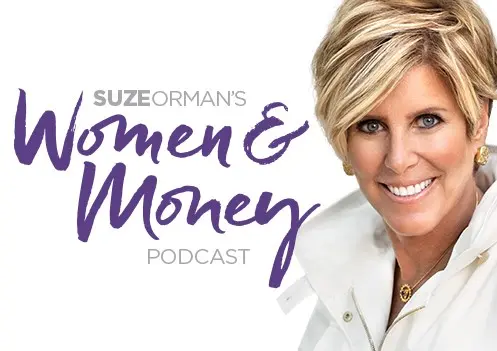With the Spring home buying rush just around the corner, I want to make sure that you don’t buy into a very big mistake.
While the stock market is going through a rough stretch, housing continues its impressive rebound from the financial crisis. According to CoreLogic, the average home price rose more than 6% in 2015, and the average home price in many markets now exceeds its bubble peak from a decade ago. Good news? Well, if you’re a homeowner, of course! But for home buyers, this is the dangerous season. Home prices in many markets have, once again, gotten ahead of the fundamentals. CoreLogic notes that 41 of the 100 largest metro areas have average prices that are at least 10% overvalued. Yet, what I am hearing and seeing from so many of you is a sense that now is a great time to buy real estate. Maybe yes, maybe no.
Four signs you are nuts to consider buying a home
1. You have no clue if you will stay put at least five years. Forget about the cost of buying for sec, and let’s focus on the cost of selling. It can easily run you 10% or so of the sale price, once you deal with the agent’s commission (typically 6%), staging, closing costs, moving expenses etc. And don’t be foolish to think that just because the past few years have seen housing prices climb, that means they will just keep at it (or at such a strong pace.)
The long-term average is for home prices to rise at an annualized pace that is about one percentage point ahead of inflation. Just for argument’s sake, let’s assume that with inflation currently around 2%, you might pencil in a 3% or so annual gain for your home. Okay then: you are going to need to live there at least four years if you expect to sell at breakeven after costs. Sure, your home’s value might increase a lot more than 3%.
But given this is a huge financial commitment, focusing solely on the best-case scenario is not wise. To stay out of trouble, you should always consider the worst-case scenario, or even a less-than-worse-but-not-great scenario. Run the numbers if your optimistic assumptions about the future are wrong. What if you only get 5% total price appreciation over the next five years, or 10%. Or none? Then decide if you still want to buy a home.
2. You are eyeing a low down payment loan. Yes, I know there are plenty of loans that require down payments of 3.5% or less. I don’t care. If the only way you can get into a home is with a very low down payment loan, I think you’re kidding yourself. It’s a dangerous signal you’re buying into something you can’t truly afford. I continue to strongly believe that 20% down is the gold standard.
Not only does it help you qualify for the best loan terms (a big money saver) it also is a signal you’re not stretching. Before you tell me you can’t possibly afford a 20% down payment, please answer this question: Have you looked at homes and neighborhoods and yes-maybe even another state!-where you could buy with a 20% down payment?
3. Your income is iffy and you don’t have a big cushion. If you have the slightest concern that your job could security could be an issue in the next few years, I really want you to think twice about “needing” to buy a home now.
The mortgage and property tax will need to be paid even if you’re out of work.
A sure sign you shouldn’t be buying is if you have employment jitters and you don’t have at least one year’s worth of living expenses set aside for emergency savings. Yes, I said one year. I know that’s more than my standard advice to have eight months of living costs tucked away. That’s because you have employment insecurity and yet you’re insistent on buying a home. A year of savings isn’t me being overly conservative! It’s just being rational.
4. Your Credit Score is below 700. According to data firm Ellie Mae, the average FICO score for homebuyers who were turned down for a conventional home loan (purchase, not refi) in January was 694. The average FICO score for folks who were turned down for an FHA-insured loan was 630. If you have a bad credit score, I would much prefer you work to get it to the point where you might qualify for a conventional mortgage, rather than go with the FHA or any other mortgage with lower qualifying standards.
For two reasons. One is cost. A low FICO credit score, on top of a low down payment means your borrowing costs are going to be significantly higher than if you qualify for a conventional loan where you can make a 20% (or close to 20%) down payment. For example, low down payment loans insured by the FHA have a one-time upfront fee of 1.75% and an ongoing premium of 0.85%. And that 0.85 is never removed for the life of the loan. Bottom line: Get your FICO score into the mid 700s and then start home shopping.
Top Resources for You

The Ultimate Retirement
Guide for 50+
Learn More

MUST HAVE® Documents
Online Program
Learn More






